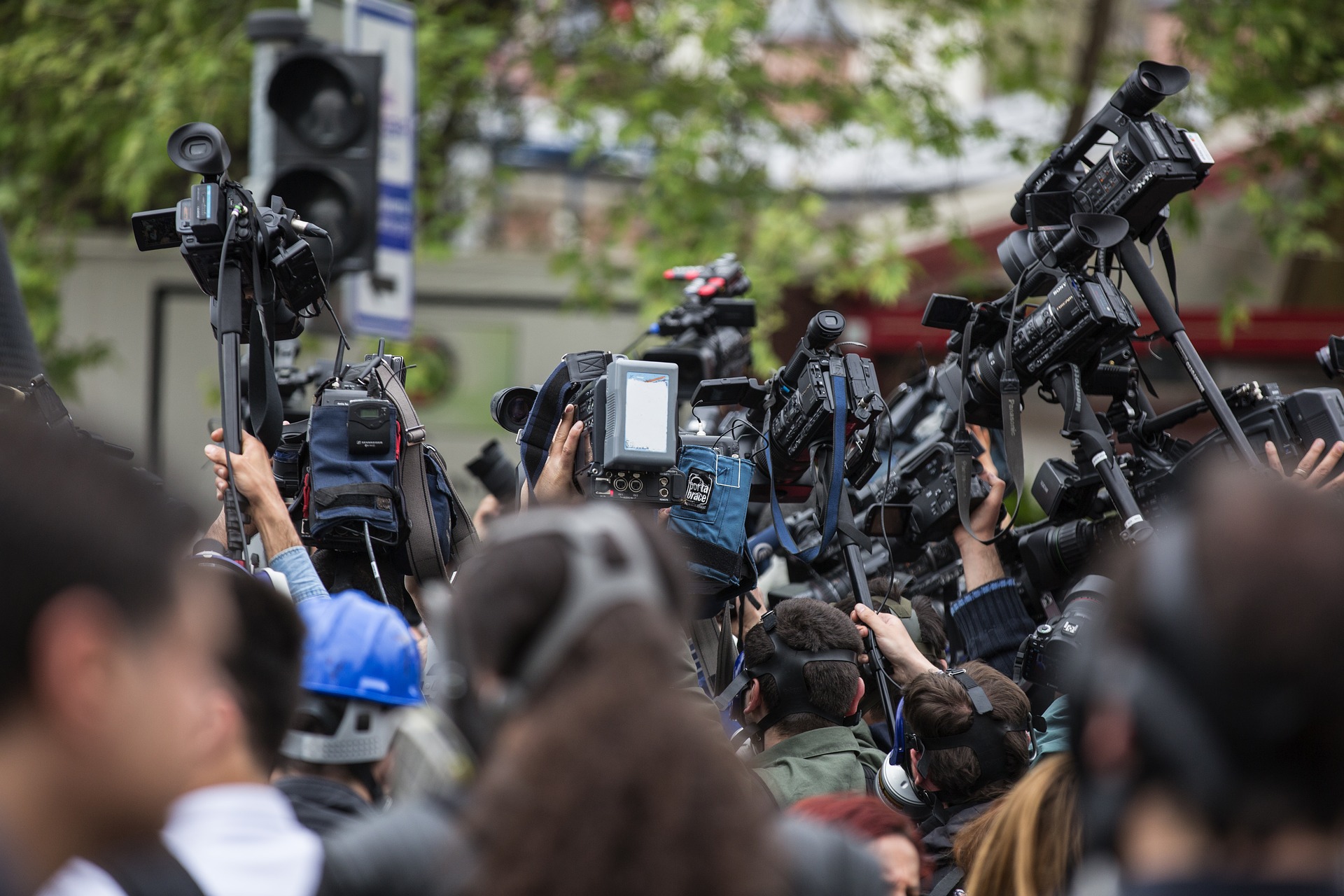
EFJ Freelance Expert Group (FREG) co-chairs, Renske Heddema (Dutch union of journalists – NVJ) and Oddrun Mitbø (Norwegian union of journalists – NJ) contributed to the open letter below, outlining the priorities of FREG.
Freedom of the press is essential for all democracies. This freedom is now increasingly under pressure in Europe. Several developments underline the threats for journalists, especially freelance workers, who often stand out for their personal courage. EFJ Freelance Expert Group (FREG) members regularly participate in demonstrations calling for the release of imprisoned colleagues.
The recent release of Julian Assange shows that the relentless fight from people standing up for him, year after year, paid off. It might be the inspiration we all need to believe every single one of us has the power and voice to change what seems to be a gloomy future.
The proliferation of fake content on the one hand, the loss of democratic values on the other, are just two tendencies threatening our profession. When it comes to freelancers, the danger also lies within the industry. International mergers and acquisitions lead to an increasingly unlevel playing field between freelancers and media moguls, sending tariffs straight down.
By taking a quick look at the articles on our own EFJ web page, it is obvious that the development is going in the wrong direction. Too many journalists are taking risks just by doing their jobs. They must choose between fleeing their country, risking years in jail or even worse, risking their lives.
The last World Press Freedom Index shows that politicians are trying to reduce the space for independent journalism.
Press freedom is being put to the test by the ruling parties in Hungary, Malta and Greece – making them the EU´s three worst ranked countries. Italy has fallen five places on the index since last year. Bosnia-Herzegovina, Serbia, Albania and Turkey, all EU candidates, continue to imprison journalists and undermine the media by means of online censorship and control of the judiciary.
There are cases to be followed up in many European countries, just to mention some:
- Serbian authorities should not extradite Belarusian journalist Andrey Gniot to face criminal charges in Belarus. Many of our colleagues are already locked up in jail – after trials that make no sense. Serbia should release Gniot immediately.
- Czech Republic: Parliament has just approved the law bringing Public Broadcasting under state control.
- On the page Safety of journalists platform you can get an overview of the 141 journalists and other media actors currently in detention in Europe.
We must continue lifting these cases throughout the year.
On a positive note, the political environment for journalism has improved in Poland (up 10 to 47th) and Bulgaria (up 12 to 59th) thanks to new governments with more concerns for the right to information. Germany has joined the ranks of the Index’s top ten countries, improving its political indicator with a decline in attacks on journalists by far-right groups. In France (21st) and the United Kingdom (23rd), press freedom is not threatened by major political violations.
So, let’s draw inspiration from these positive examples, as we do from the victory of Julian Assange, as brittle as it may be. Because, as our own president, Maja Sever, says: “Assange is free, but the US has not given up on intimidating journalists”.
We wish you all a relaxing summer. Hoard up power to continue the struggle for better conditions for freelancers in a free European press.
Source: EFJ